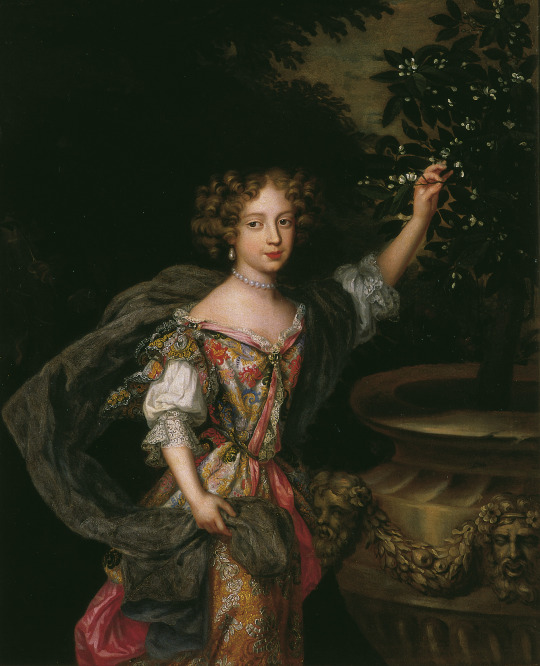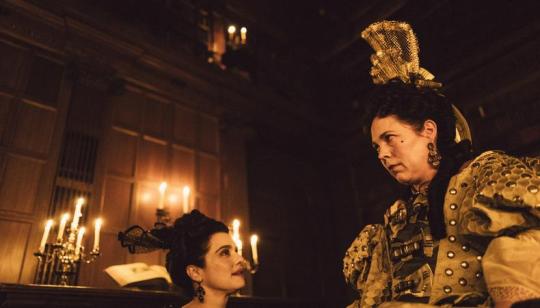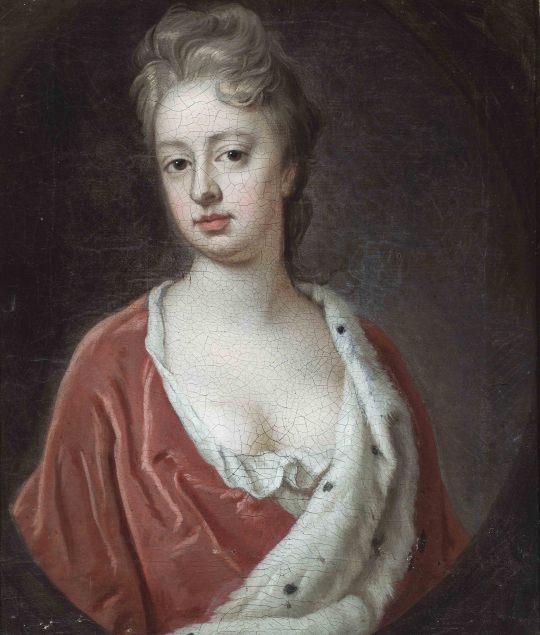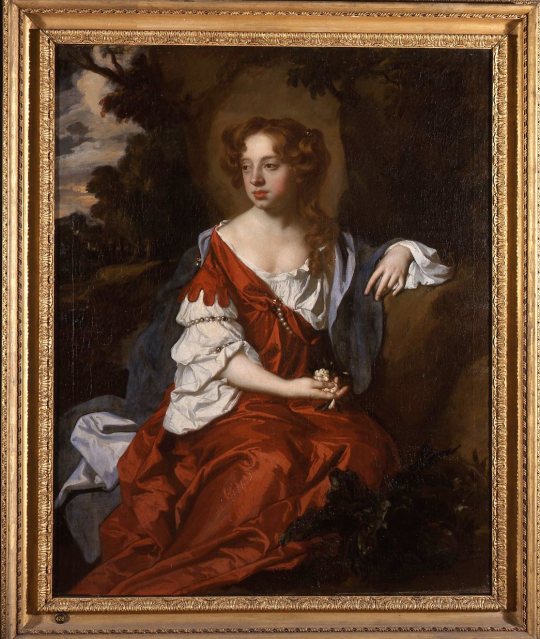#Northumberland The Favourite Oscars Academy Awards Queen Anne
Explore tagged Tumblr posts
Text
Elizabeth Percy Seymour - The other Favourite
With today’s news that Yorgos Lanthimos’ film The Favourite, about the life of ambitious women in the court of Queen Anne, has received 10 Academy Award nominations, we thought we would look at the life of a woman who doesn’t feature in the film, but was just as influential on the Queen: Elizabeth Percy Seymour, heiress to Alnwick Castle.

Elizabeth was born in 1667, and when her father Josceline, the 11th Earl of Northumberland, died in 1670, she was his only surviving child. While she was able to call herself Baroness Percy, the young Elizabeth was not legally able to inherit the earldom in her own right; she had to marry a husband willing to take her name and titles. She ended up being married three times by the age of 16, with her third and final husband being Charles Seymour, the 6th Duke of Somerset.
When Elizabeth reached the age of 21, she released Charles from his obligation to become a Percy, and she took the surname ‘Seymour’ and the title ‘Duchess of Somerset’ instead of those from her own ancestry.
Elizabeth, like Sarah Churchill (played by Rachel Weisz in The Favourite), was a great friend of Princess Anne (played in the film by Olivia Colman) before she became Queen. In 1692, Sarah and her husband John Churchill were dismissed from the court - King William III suspected John of being in contact with Anne’s father, the deposed King James VII and II - and to leave Anne’s apartments in the Palace of Whitehall where they lived.
Below: Sarah Churchill and Anne in The Favourite, photo source Yorgos Lanthimos

Anne was furious at the way her friends the Churchills had been treated, and, withdrawing from court herself, was offered accommodation by Elizabeth Percy Seymour and her husband at Syon House, the Percys’ home on the River Thames. It was there that Anne gave birth to her short-lived son George (represented, as with all Anne’s children, by rabbits in The Favourite).
In 1702, Anne became Queen. Sarah Churchill and Elizabeth were both given positions in her household.
Anne’s reign, and the influence of Sarah, challenged the traditionally male-dominated world of politics, as Lanthimos depicts in the film, but Elizabeth (along with Abigail Masham - played in The Favourite by Emma Stone - and Lady Elizabeth Hervey) contributed to this too.
In fact, the Duchess of Somerset’s closeness to the Queen led to detractors believing her a harmful influence. She was undoubtedly a powerful player at court, and used her political power to deny the writer Jonathan Swift a bishopric. Swift retaliated, warning people that “a most insinuating woman” was behind her well-mannered public face.

She is considered to have been among those who contributed to the downfall of the Churchills (by now the Duke and Duchess of Marlborough), which forms a major part of the plot in The Favourite, and while Abigail Masham rose in power and influence just as she does in Lanthimos’ film, Elizabeth Percy Seymour was the woman who replaced Sarah as ‘groom of the stole’, a key position close to the Queen.
Elizabeth and Anne were probably at their closest in the four years before Anne’s death in 1714; years in which Elizabeth was also Lady of the Bedchamber and Mistress of the Robes. She was certainly more influential than the Duke of Somerset, who was so self-important he was known as ‘the Proud Duke’. It may be that other political lords only tolerated him because of his wife’s closeness to the Queen!
In 1711, Swift launched a scathing poetic attack on Elizabeth and her influence over Queen Anne, writing in ‘The Windsor Prophecy’:
“Beware of Carrots from Northumberland.
(here, ‘Carrots’ refers to Elizabeth’s red hair, and ‘Northumberland’ her Percy ancestry)
Carrots sown Thyn a deep root may get
(’Thyn’ refers to Elizabeth’s second husband Thomas Thynne, who was assassinated soon after their marriage. The ‘deep root’ probably refers to Elizabeth’s position at court)
If so they are in Sommer set
(’Sommer set’ is a play on ‘summer’, to fit the references to ‘carrots’, but also refers to the Duke of ‘Somerset’)
Their Conyngs mark them, for I have been told
(’Conyngs mark’ refers to ‘Koningsmarck’, the Swedish man who undertook Thynne’s assassination)
They assassine when young and poison when old”
(Finally, Swift suggests the teenage Elizabeth was behind her second husband’s murder - ‘they assassine when young’, and is now ‘poisoning’ Queen Anne with her views and political motivations.)

Happily, Anne remained loyal to her friend, and the Queen even intended for half her jewels to be left to Elizabeth on her death, calling her “the fittest person to wear them after [me]”. Unfortunately for the Duchess of Somerset, Anne had failed to make a will and so the jewels never came to her.
Despite Swift and her other detractors, Elizabeth appears to have been well-liked and well-respected at the time. One contemporary called her “the best bred as well as the best born woman in England”, and another considered her “in all respects a credit and ornament to the court”.
Elizabeth died in 1722, and following her death the ‘Proud Duke’ destroyed all her correspondence with Queen Anne.
Sadly for us, this means we may never know the true extent of Elizabeth and Anne’s friendship, or to what extent she was a ‘favourite’ like Sarah Churchill or Abigail Masham... but we’ll still be rooting for The Favourite on Oscar night!
7 notes
·
View notes